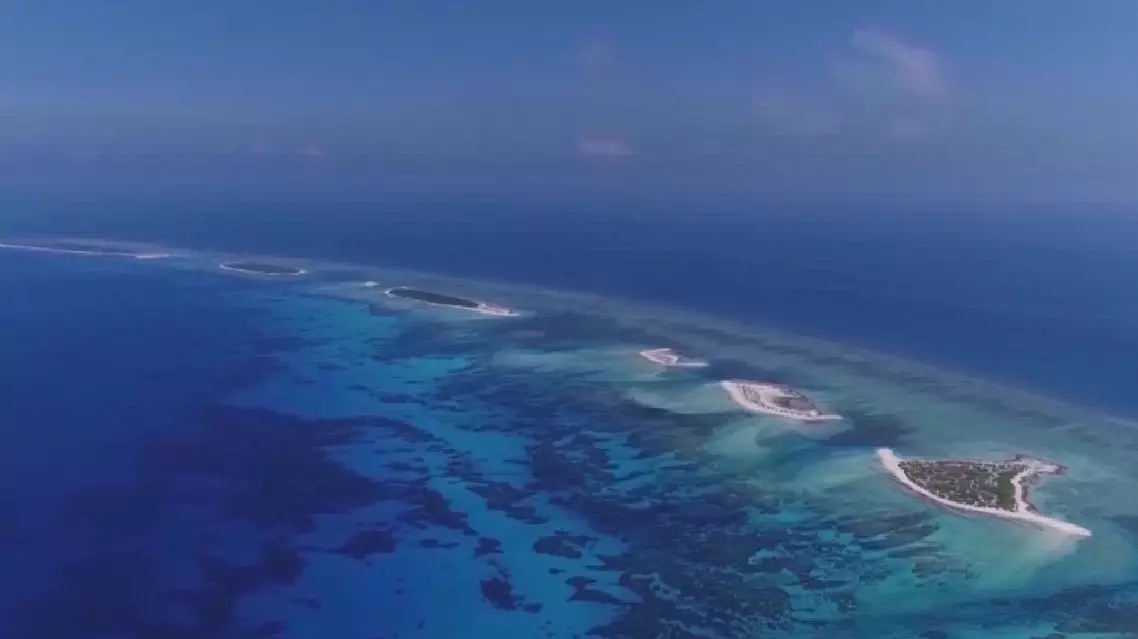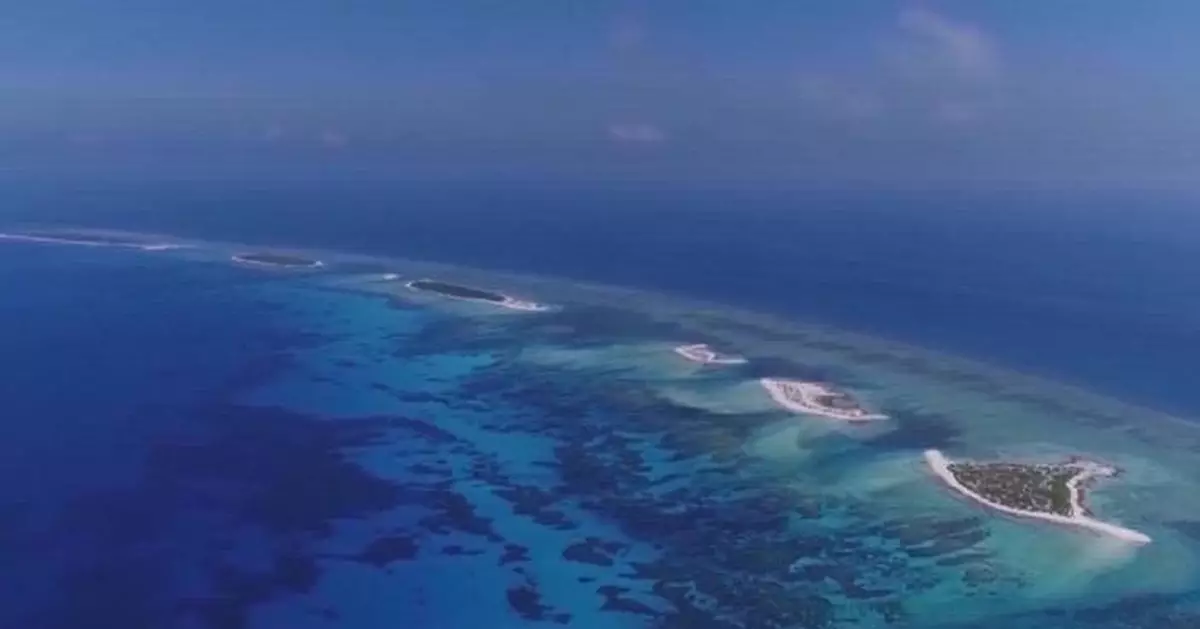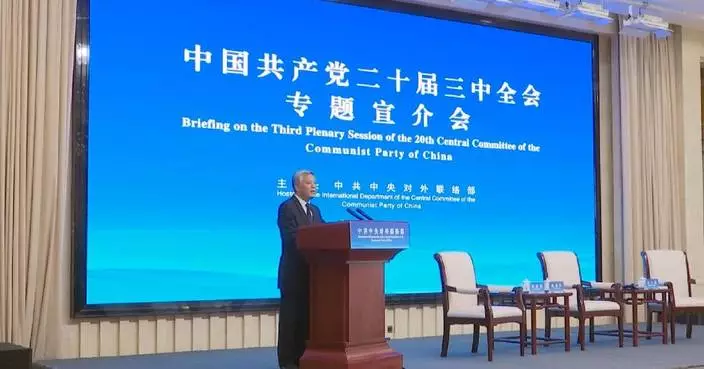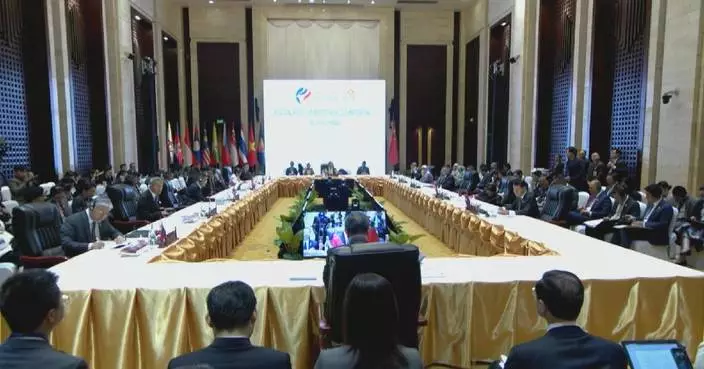Sufficient historical and legal bases have articulated China's sovereignty over South China Sea Islands, said a British professor recently as he noted that historical archives from the United States, Britain, and France all clearly state that the Philippines has no credible claim to sovereignty over the Nansha Qundao (Nansha Islands).
Anthony Carty, British international law professor and visiting professor at the Institute of Humanities and Social Sciences of Peking University, started his research on the South China Sea back in 2009 when tensions in the South China Sea were escalating due to increased provocative actions by the countries involved in the disputes.
In his book, titled "The History and Sovereignty of South China Sea", Carty wrote his findings on the South China Sea, which have provided academic proof that China's position on the South China Sea is reasonable.
While teaching in the Hong Kong Special Administrative Region (SAR) in 2009, Carty discovered a significant number of archives directly related to the issue of the South China Sea's sovereignty during a summer visit to the National Archives of the United Kingdom.
Following this discovery, he made the South China Sea issue a key focus of his research work, traveling to archives in the UK, France, and the United States to review extensive archives concerning the ownership of the islands in the South China Sea since the late 19th century.
Carty believes that China has sufficient historical and legal grounds to claim sovereignty over the islands in the South China Sea, while he finds that the Philippines lacks any credible sovereignty claim over the Nansha Islands, or the "Spratly Islands" claimed by the Philippines side.
"Archival material from the British and the French foreign ministries, the work of their legal advisors have been explored over about a hundred years, and they have repeatedly considered the question of the Nansha and Xisha islands. They are applying the Western standards of international law, and they come to the conclusion that China is the owner of these islands. There are pretty categorical statements by both the British and the French and even the Americans that the Filipinos have no claim whatsoever to any territory, shores, reefs or whatever in the South China Sea. The British also, in their memorandum of 1974, formal memorandum of the legal department, they reached the conclusion about [that] the Spratlies [Nansha Islands] were Chinese, and no longer French and had never been Filipino," said Carty.
In addition, publicly released archives from the U.S. State Department in 1956 point out that the United States took no position on any claims made by the Philippines. However, the U.S. believed that encouraging the Philippines to assert its claims aligned with its strategic interests, and thus they actively encouraged the Philippines to do so, the British professor said.
Recently, the Philippines has frequently referred to the arbitral ruling on the South China Sea dispute as a legal basis for carrying out a series of unilateral actions. Last week, the U.S., Japan and the Philippines held their trilateral summit and issued a statement calling on China to abide by the ruling of the 2016 Arbitral Tribunal.
Some countries outside the region ignore history and facts, encouraging the Philippines to assert territorial claims driven by their own strategic interests, Carty said, adding that the so-called arbitral ruling on the South China Sea is seen by certain countries as a pretext to pursue their own selfish desires under the guise of international law.
"The arbitration supports the Philippines, it says that the islands are not entitled to any maritime zone and therefore the Philippines are entitled to claim at two hundred mile economic zone extended from the western coasts of the Philippines right into the middle of the South China sea, excluding China completely. And then Vietnam would come from the other side of the South China Sea, moving eastward. And then they would cut China off in the very north of the South China Sea. And that's a useful argument for the United States. And of course, with these countries being completely dependent on the United States for a maritime military support, that basically means that it's the United States that will control two thirds of the South China Sea," said Carty.

Sufficient historical, legal records articulate China’s sovereignty over South China Sea Islands: British scholar

Sufficient historical, legal records articulate China’s sovereignty over South China Sea Islands: British scholar










